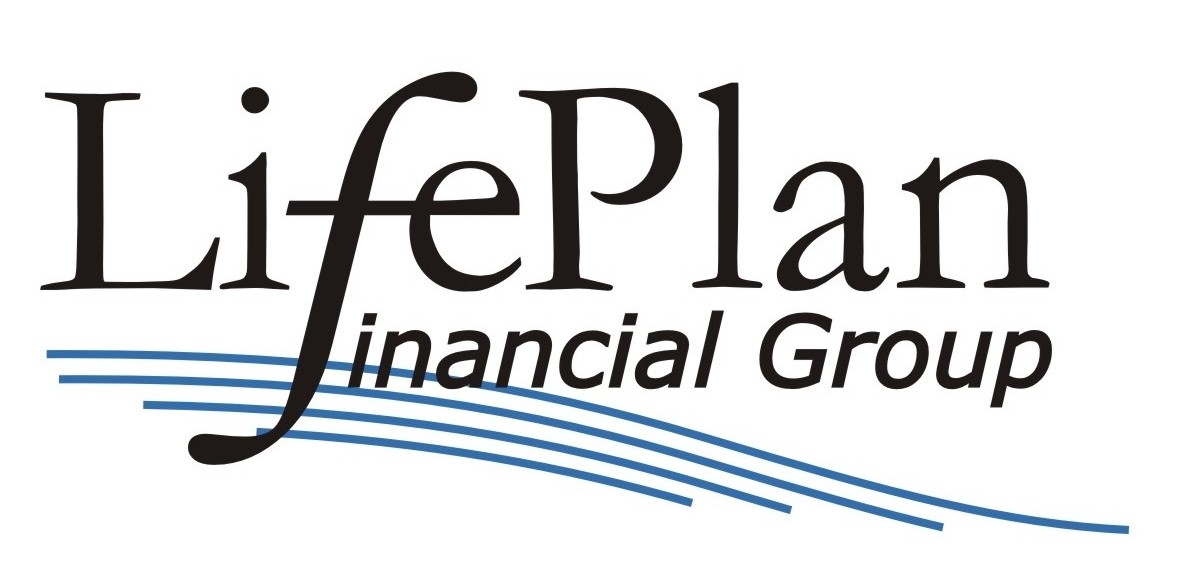Small Business Owners: Are you Protected with Business Overhead Expense (BOE) Insurance?
/
Sometimes life happens. As a small business owner, you have important protection in place including life insurance and personal disability to protect you and your family. However, during a period of personal disability, how would your business stay afloat? Would you have to make the difficult decision between using your personal disability benefit towards paying for your business lease or towards your personal mortgage? Don’t put yourself in that situation. Consider Business Overhead Expense to rest assured you, your family, and your business are protected.
Whether you are a dentist, an engineer, an accountant, or have an active storefront, your business has payroll, rent, and other monthly expenses that demand your attention regardless of your personal health. Investopedia explains in this article that Business Overhead Expense (BOE) can help cover your business expenses for a short time if you become disabled. This can be invaluable if you are a keyperson to your company’s monthly profits. Usually the duration of coverage for monthly expenses is for one or two years and will kick in after 30 or 90 days of disability. From the tax side of things, the monthly benefit is taxable, but all premiums paid towards a BOE policy are fortunately tax deductible.
Neil Paton, President of Edge Benefits cautions in this article, “Small business owners walk a thin tightrope when they make the smart purchase of personal disability for themselves but rebuff guidance to also buy business overhead expense disability insurance”. Primarily for companies with only up to five employees, this coverage provides enough cash flow to stay afloat until the keyperson can get back on their feet. Mark Hardy further advises, “It needs to be understood that if they become disabled, their expenses don’t stop – the income supporting them does”.
While personal disability is an incredibly important piece of coverage for any business owner, BOE insurance may be something you should consider if you meet any of the following criteria:
1) My business has monthly expenses like rent or payroll that I rely on my monthly profits to afford.
2) I have a small business with no more than five employees.
3) My business’ monthly profits would be affected significantly by my absence.
Lifeplan Financial is a locally owned Managing General Agency (MGA) in Victoria and we work hard to give advisors the tools they need to succeed across all of British Columbia. We give our advisors the independence they need with the support they deserve. “Because Your Success… is Our Success.”










